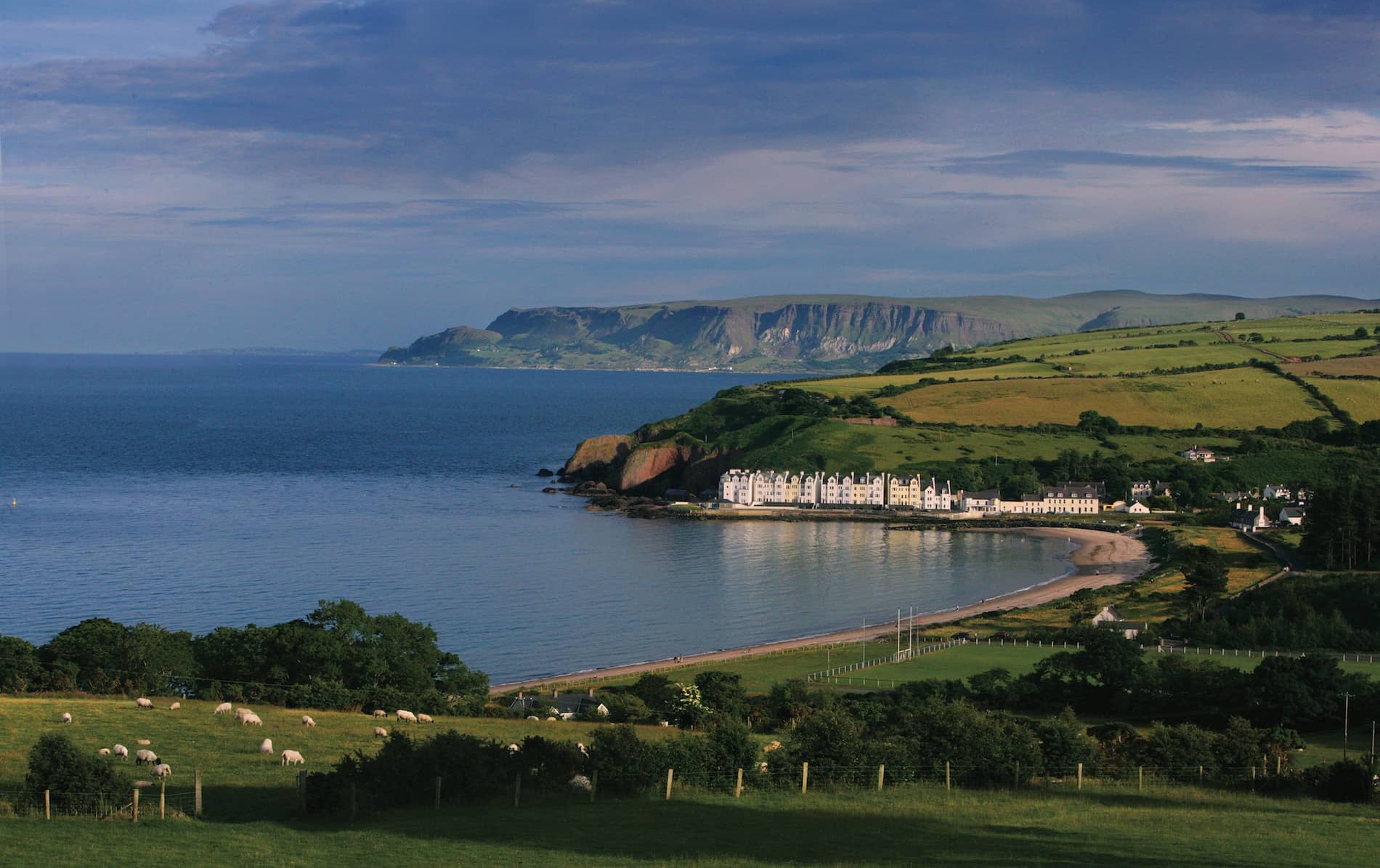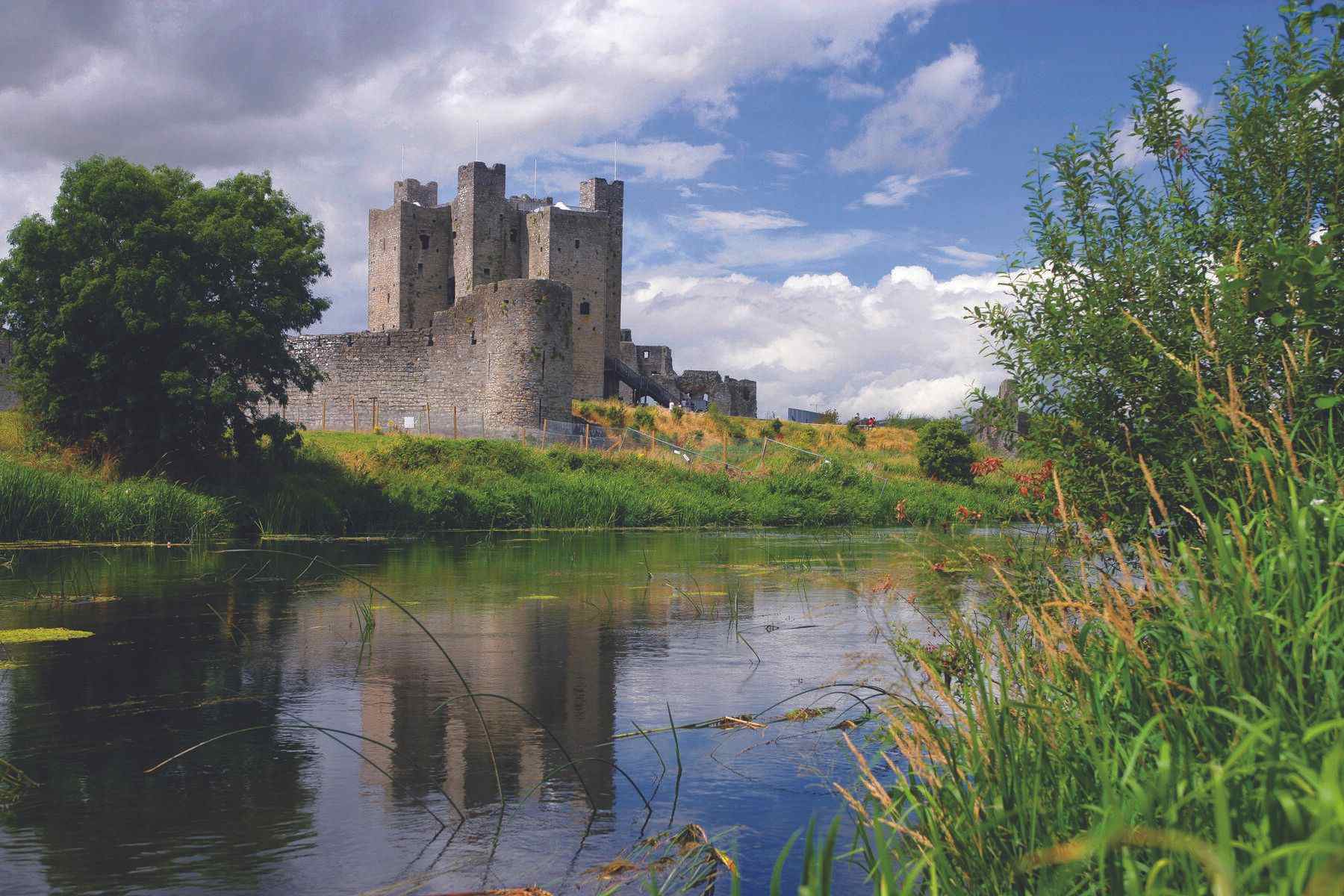

Traveller health and COVID-19 update
Here's what you need to know about medical insurance, pharmacies and health services
What's on this page?
GOOD TO KNOW
COVID-19 (Coronavirus) update
Before you travel
The guidance on travel to the island of Ireland is changing frequently. If you’re planning a trip, you should check with the relevant government website so you know how it may impact your travel plans.
Northern Ireland Government website
If you have questions, we recommend that you check with your airline, tour operator, cruise line, event organiser or transport and accommodation providers.
If you still can’t find the information you need then drop us a line.
When you’re here
We’re delighted to welcome you back to the island of Ireland and here are a few tips to make your stay as safe and pleasant as possible.
- Look out for the COVID-19 Safety Charter (Republic of Ireland) and We’re Good to Go mark (Northern Ireland) – these standards show that businesses are following government and public health guidelines.
- Stay safe by washing your hands regularly, wearing a face covering in crowded or indoor spaces and keeping your distance from others.
- Book ahead where you can and avoid popular attractions when they’re busy. Instead, take the opportunity to go off the beaten track to explore Ireland!
- We’re all in this together so support local people and businesses and respect our beautiful island.
Vaccinations
Like many places across the world, both the Republic of Ireland and Northern Ireland have introduced regulations to protect public health and limit the spread of COVID-19. Entry requirements depend on whether you are fully vaccinated or not. You can find out more on the relevant government website.
Northern Ireland Government website
No other vaccinations are required for travel to the island of Ireland.


Downhill Strand, County Londonderry
Healthcare in Ireland
Ireland has great healthcare, but there are a few things to keep in mind before you go. If you’re bringing medicines with you into Ireland, carry them in their original, clearly labelled container, along with your prescription or a letter from your doctor.
It’s a rule of thumb that anything over a three-month supply of medicine will be questioned and any “controlled drugs” as well as any syringes or needles, should be declared and explained in a letter from your doctor.
Travel and medical insurance
You should always obtain travel insurance to cover any potential overseas medical costs including medical repatriation/evacuation, repatriation of remains and legal costs, before you travel. Be sure to check for any exclusions that might affect your policy and that it covers all the activities you plan on doing in Ireland, and make sure that your travel insurance has medical cover. If you’re a member of the 28 EU countries or Iceland, Lichtenstein, Norway and Switzerland, bring a European Health Insurance Card (EHIC), which covers you for most medical care.
Pharmacies and opticians
There are plenty of pharmacies in Ireland, and they’re a good first stop for travellers seeking medical advice or a local referral. Most towns have one or two pharmacies and urban areas have many. Pharmacies generally operate from 9am to 6pm Monday to Saturday, but many pharmacies in urban areas open late and on weekends.
If you wear glasses or contact lenses, bring a spare pair with you and don’t forget your optical prescription – just in case.








































